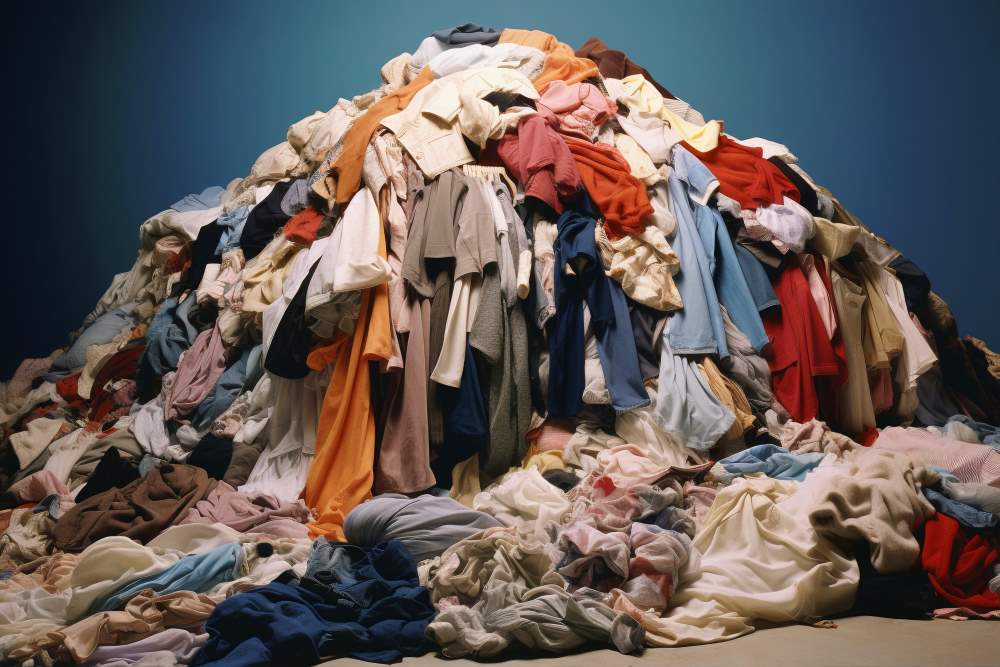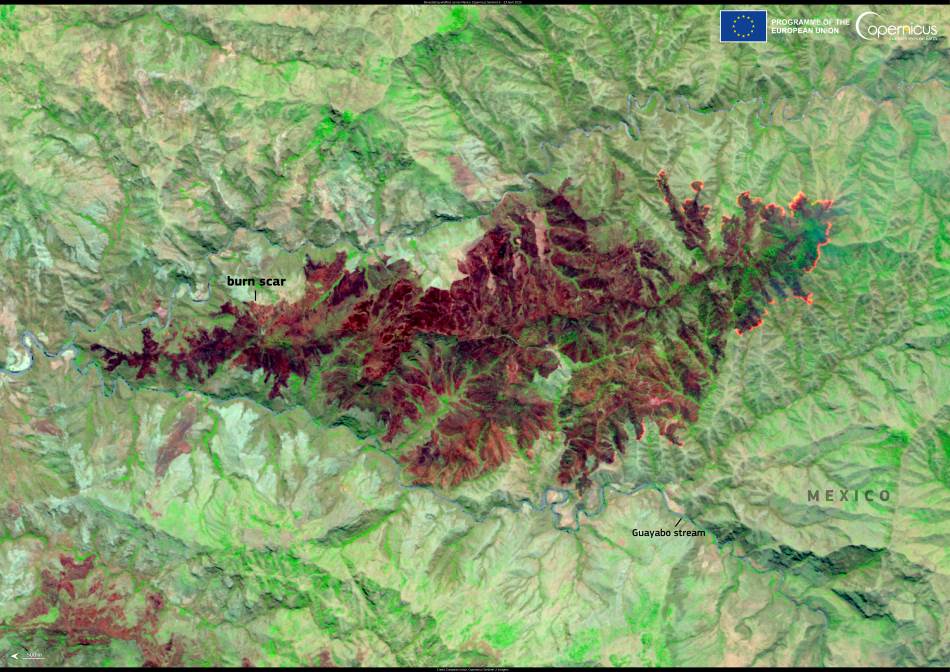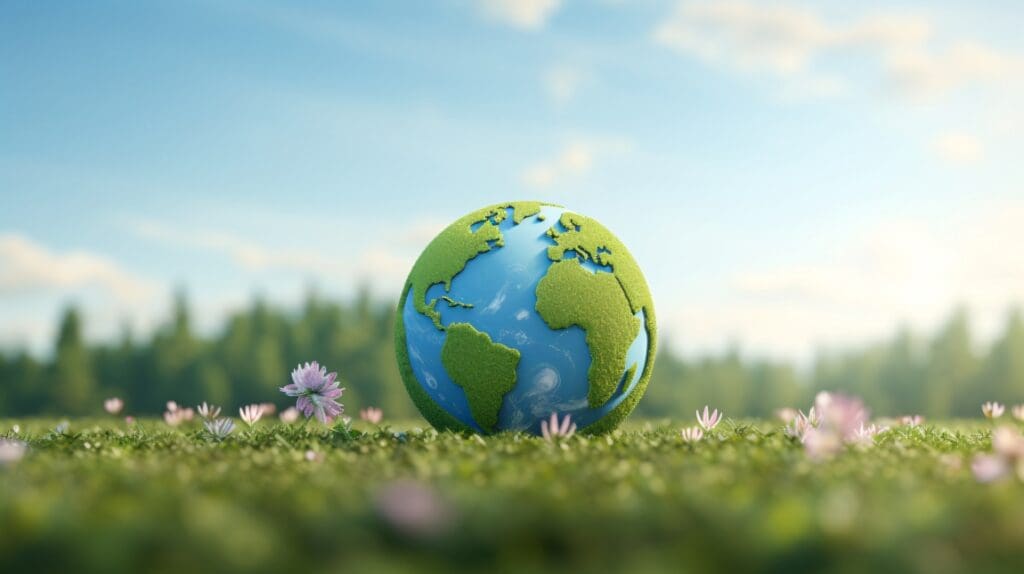Rome, Italy | AFP
Italy’s competition watchdog said Monday it has fined the company responsible for Shein’s websites in Europe one million euros ($1.15 million) for false and confusing claims about the e-commerce giant’s efforts to be environmentally “green”.
The AGCM watchdog accuses the China-founded fast-fashion colossal of having “adopted a misleading communication strategy regarding the characteristics and environmental impact of its clothing products.”
The fine was imposed on Infinite Styles Services Co. Ltd, the company responsible for managing Shein’s product trading websites in Europe, the authority said in a statement.
The AGCM accused it of “misleading and/or deceptive environmental messages and claims… in the promotion and sale of Shein-branded clothing products.”
These were “in some instances, vague, generic, and/or overly emphatic, and in others, misleading or omissive.”
In particular, claims about the recyclability of products “were found to be either false or at least confusing”, it said.

Consumers could easily be led to believe Shein products were made exclusively from sustainable materials and fully recyclable, “a statement which, given the fibres used and current recycling systems, does not reflect reality.”
The AGCM also took issue with the retailer’s claims it would reduce greenhouse gas emissions by 25 percent by 2030 and reach zero emissions by 2050.
These “vague” pledges by a company which has seen phenomenal growth in recent years were “contradicted by an actual increase in Shein’s greenhouse gas emissions in 2023 and 2024″, it said.
In a statement to AFP, Shein said it had “cooperated fully” with the watchdog’s investigation and “took immediate action” to address the concerns, saying all environmental claims on the website were now “clear, specific and compliant with regulations.”
Environmentalists have long warned of the damage wreaked by the fast-fashion sector’s wasteful trend of mass producing low-cost clothes that are quickly thrown away.
Fast fashion uses up massive amounts of water, produces hazardous chemicals and clogs up landfills in poor countries with textile waste, while also generating greenhouse gases in production, transport and disposal.
ide/ar/lth
© Agence France-Presse
Article Source:
Press Release/Material by AFP
Featured image credit: Kai Pilger | Unsplash




